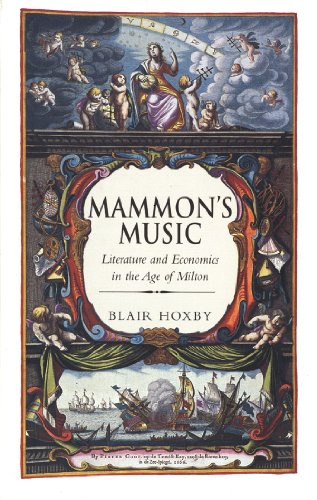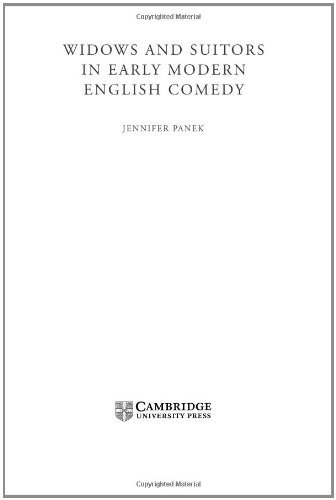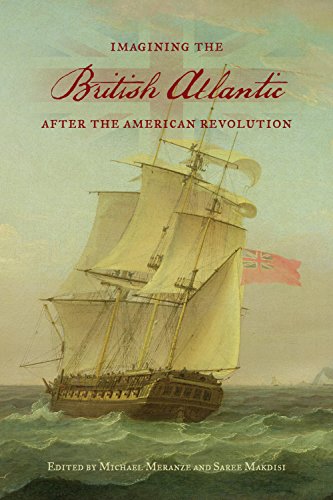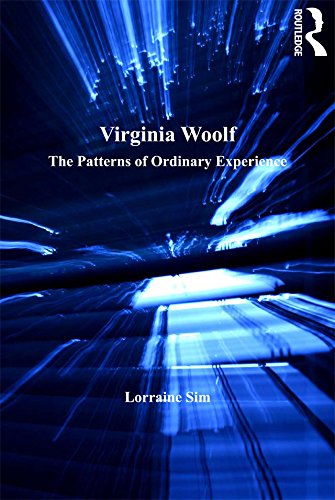Download Conceiving the City: London, Literature, and Art 1870-1914 by Nicholas Freeman PDF
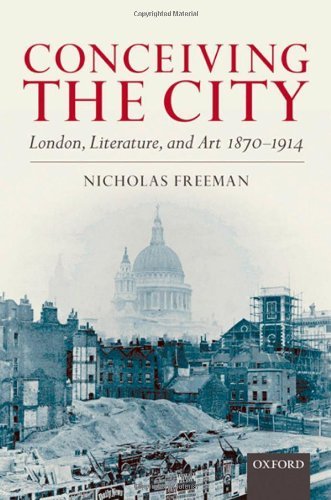
By Nicholas Freeman
Read or Download Conceiving the City: London, Literature, and Art 1870-1914 PDF
Similar british & irish contemporary literature books
Mammon's Music: Literature and Economics in the Age of Milton
The industrial revolution of the 17th century deeply replaced English tradition. during this bold publication, Blair Hoxby explores what that fiscal transformation intended to the century’s maximum poet, John Milton, and to the wider literary culture during which he labored. Hoxby locations Milton’s workas good because the writings of up to date reformers just like the Levellers, poets like John Dryden, and political economists like Sir William Pettywithin the framework of England’s financial heritage among 1601 and 1724.
Widows and Suitors in Early Modern English Comedy
The courtship and remarriage of a wealthy widow used to be a well-liked motif in early sleek comedian theatre. Jennifer Panek brings jointly a wide selection of texts, from ballads and jest-books to sermons and court docket files, to envision the staple widow of comedy in her cultural context and to check early glossy attitudes to remarriage.
Imagining the British Atlantic after the American Revolution (UCLA Clark Memorial Library Series)
Among 1750 and 1820, tides of revolution swept the Atlantic international. From the hot commercial cities of significant Britain to the plantations of Haiti, they heralded either the increase of democratic nationalism and the following surge of imperial response. In Imagining the British Atlantic after the yankee Revolution, 9 essays contemplate those progressive changes from quite a few literary, visible, and ancient views.
Virginia Woolf: The Patterns of Ordinary Experience
In her well timed contribution to revisionist techniques in modernist reviews, Lorraine Sim deals a interpreting of Virginia Woolf's belief of standard event as published in her fiction and nonfiction. Contending that Woolf's representations of lifestyle either recognize and supply a problem to characterizations of way of life as mundane, Sim exhibits how Woolf explores the possibility of daily event as a website of private which means, social knowing, and moral price.
- British Diplomacy and the Descent into Chaos: The Career of Jack Garnett, 1902-19 (Britain and the World)
- The Poetry of Ted Hughes (Readers' Guides to Essential Criticism)
- Rose Tremain: A Critical Introduction
- Wales Unchained: Literature, Politics and Identity in the American Century (Writing Wales in English)
Extra resources for Conceiving the City: London, Literature, and Art 1870-1914
Example text
